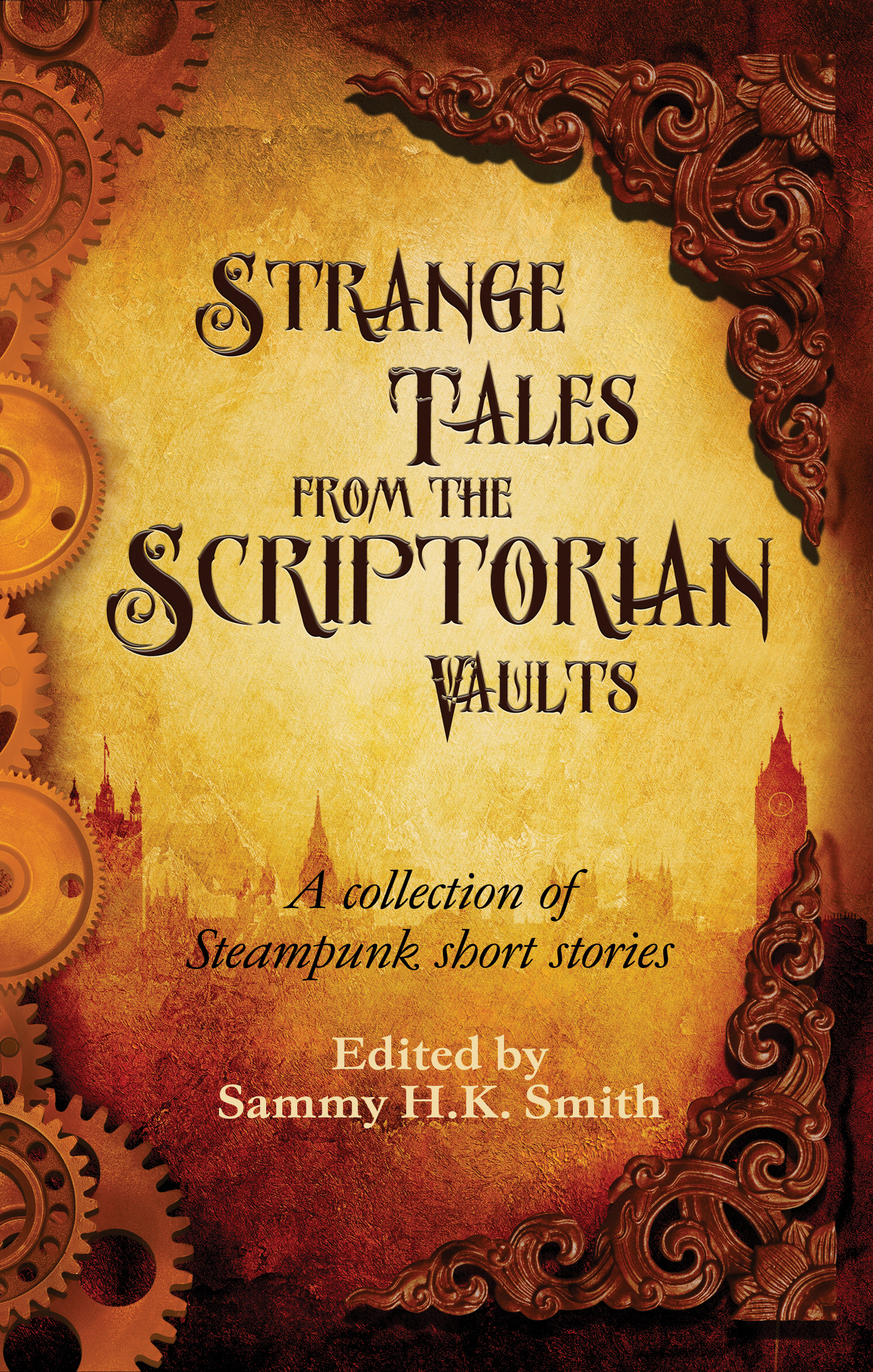I have been so involved lately in the process of creating books, talking books, promoting books and so on, that I’ve suddenly began to flounder when it comes to choosing something to read for pure pleasure. With more books than ever flooding the marketplace, I’ve become overwhelmed by choice. There are so many books, being promoted by so many anxious authors trying to get theirs to the top of teetering reading lists, it’s harder than ever to find that gem in the rubble. I’ve been burned a few times lately by disappointing books, and it’s come to the point where it’s now really hard to make a decision to buy something, even after reading the sample. I have relatively little time for pleasure reading these days, and so obviously I want to spend that time reading great books.
So I throw the gauntlet to you, dear readers. Find my next book! I will purchase the book for my Kindle, read it and post my thoughts in a future post.
To help you, here is a selection of books I love, in no particular order:
- The Time Traveller’s Wife – Audrey Niffenegger
- Cat’s Cradle – Kurt Vonnegut, Jr.
- The Neverending Story – Michael Ende
- The Book Thief – Markus Zusak
- Lovesong – Nikki Gemmell
- Stardust – Neil Gaiman
- The Hunger Games – Suzanne Collins
- The Kitchen God’s Wife – Amy Tan
Of course there are millions of others, but this cross-section of my book collection might give you an idea of what I’d enjoy. By all means, if you are an author, recommend your own book. But tell me what it’s about and why I might like it. Leave your recommendations in the comments, and I’ll blog about any books I end up reading from the list, including why I chose them and what I thought of them – I’ll also post a review on Amazon.
Just so you know, I’m really not into horror, and not particularly fond of romance, though I don’t preclude books with these elements – I’m just not overly fond of the formulaic or gratuitous use of either.
Also, this little experiment doesn’t mean I’m going to turn this into a book review blog, I’m simply looking to get out of my current reading slump and will hopefully find something fantastic to entertain myself with, and subsequently tell everyone about. Vær så god, as we say in Norwegian (in this case, meaning off you go):













